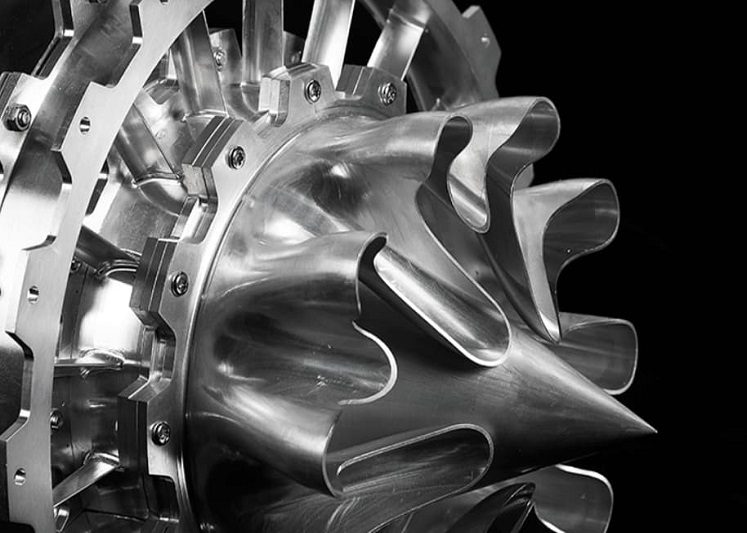About Us
Welcome to XC Machining, where we combine 8 years of industry experience with strong manufacturing capabilities.
XC Machining is Dedicated to Bring Your Ideas to Life with Great Ease and Speed


Our Mission
At XC Machining, we’re dedicated to bridging the gap between design and manufacturing. Through our technology-driven collaborative platform, we partner with suppliers to meet diverse customer needs seamlessly.

Our Vision
Who We Are?
What Can XC Machining Do for You?
Why Choose XC Machining?

Strict Tolerance
Tight tolerance ±0.01mm Surface roughness Ra0.2μm

High Quality
ISO 9001 Certified 100% CMM Inspection

Engineering Support
24/7 Technical support Response within 12 hours

Fast Lead Time
3-9 Days for parts 1-2 Weeks for molding

Great Customer Experience
One-on-one communication 95+/100 Satisfaction

Affordable Prices
Free DFM feedback 30%+ Lower than US/EU prices
Ready to Elevate Your Project?
Bring Your Designs to Life with XC Machining
Experience precision engineering with XC Machining. From detailed prototypes to high-volume production, we’re here to turn your concepts into reality. Contact us today to discuss your project needs!

